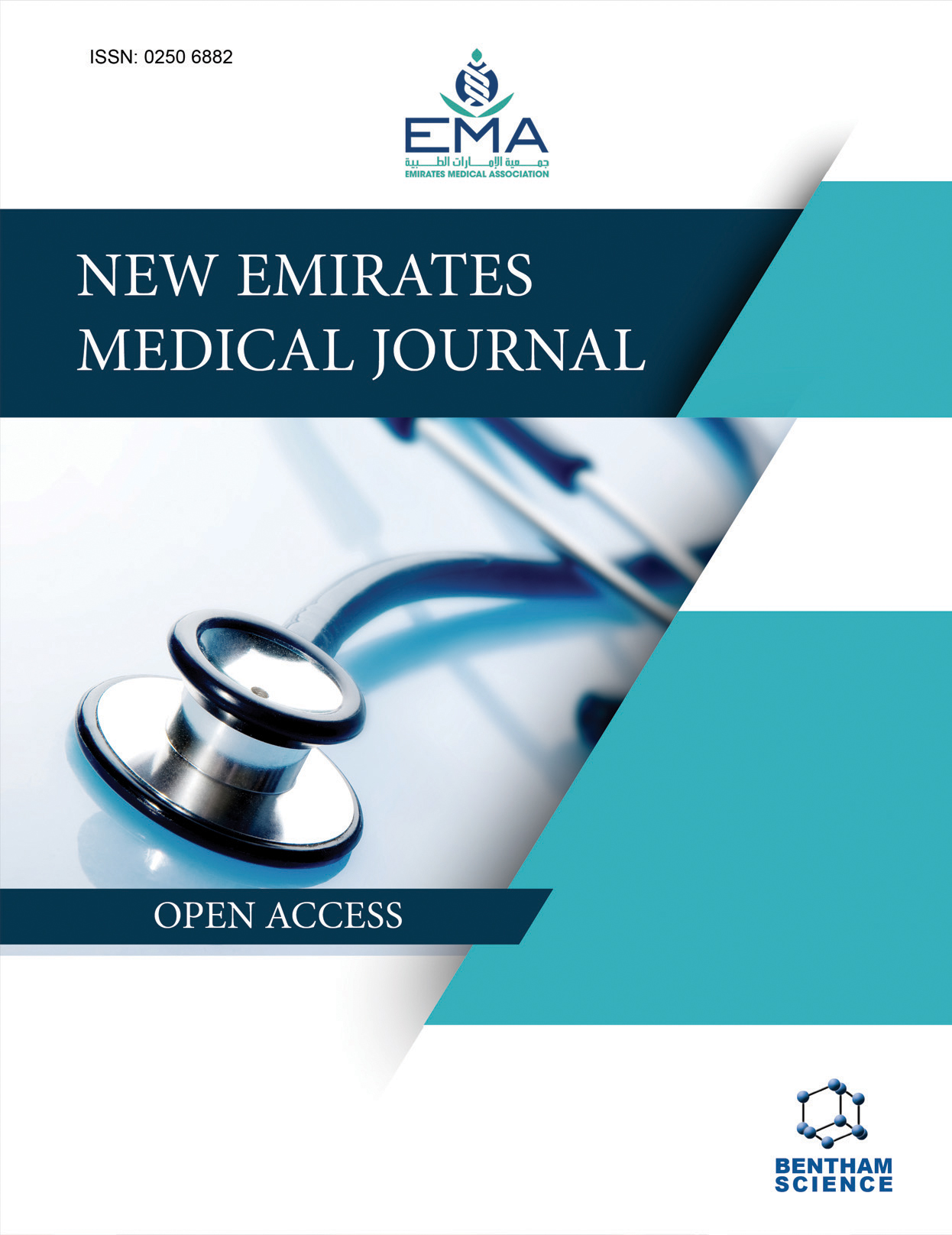-
oa Knowledge, Attitudes, and Practices of Nurses and Anesthetic Technicians Regarding the Enhanced Recovery After Surgery (ERAS) Program
- Source: New Emirates Medical Journal, Volume 5, Issue 1, Jan 2024, e02506882353293
-
- 24 Aug 2024
- 24 Oct 2024
- 01 Jan 2024
Abstract
The Enhanced Recovery After Surgery (ERAS) program is a multidisciplinary approach aimed at minimizing postoperative complications, shortening hospital stays, and improving clinical outcomes. The current study assesses the knowledge, attitudes, and practices (KAP) of nurses and anesthesia technicians regarding the ERAS program, which is essential for evaluating their understanding and readiness to implement the program, as well as identifying factors influencing the successful adoption of ERAS in clinical practice.
The cross-sectional study involved nurses and anesthesia technicians with at least two months of experience at the University Medical Center in Ho Chi Minh City, Vietnam. A validated questionnaire assessed their KAP regarding the ERAS program. Data were collected via electronic surveys during ERAS group meetings and analyzed with Stata 16.0. The Wilcoxon and Kruskal-Wallis tests compared qualitative variables, while Spearman regression identified relationships between quantitative variables.
Among the 193 nurses and anesthesia technicians, knowledge and attitude scores towards the ERAS program were highly rated, with mean scores of 7.66 ± 1.46 and 40.10 ± 5.24, respectively. Their mean practice score was 6.51 ± 1.26. Age, work experience, and educational level significantly influenced the participant's knowledge, attitudes, and practices. Additionally, there was a positive correlation between attitude and practice (p < 0.001).
This study shows that nurses and anesthesia technicians possess the knowledge and a positive attitude toward the ERAS program; however, their practices remain limited. These results highlight the importance of continuous training and professional development to enhance the effectiveness of ERAS implementation in clinical practice.



